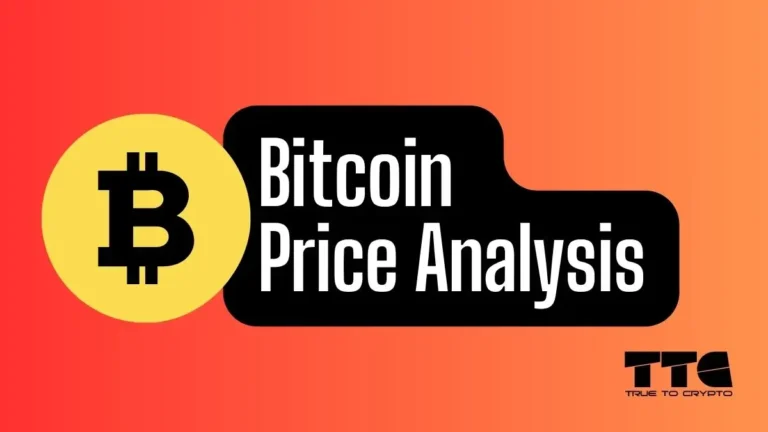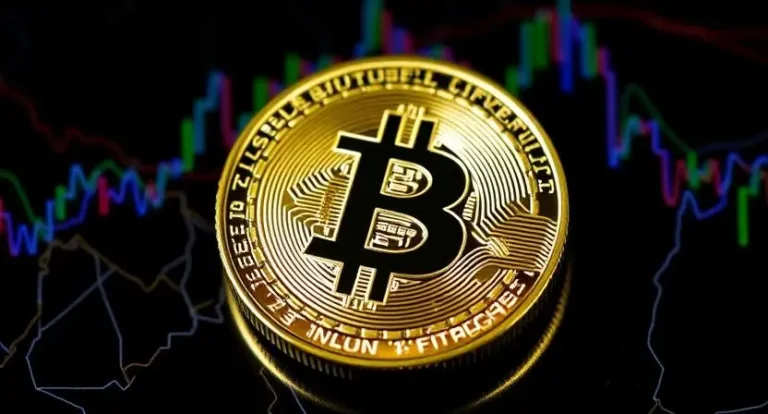South Korea has escalated its crackdown on unregistered cryptocurrency platforms, compelling Google to block access to 17 foreign exchanges operating without proper authorization. The move targets exchanges like KuCoin, MEXC, and Poloniex, restricting South Korean users from downloading or updating their apps via Google Play. Driven by the Financial Services Commission (FSC) and its Financial Intelligence Unit (FIU), this action underscores the nation’s aggressive stance on curbing illicit crypto activity in a market where digital assets have surged to a $68 billion valuation among local investors.

The FSC’s directive, stems from South Korea’s strict regulatory framework under the Specified Financial Information Act. This law mandates that all virtual asset service providers (VASPs)—domestic or foreign—register with authorities if they target Korean users through Korean-language services, local marketing, or won-based transactions. The 17 exchanges, including Phemex, XT, and BitMart, failed to comply, prompting the FIU to label them as illegal operators. “This is about protecting users and stopping money laundering,” an FIU official stated, noting the exchanges’ apps are now inaccessible on Google Play, with further coordination underway to block Apple App Store access and websites via the Korea Communications Standards Commission (KCSC).
South Korea’s crypto landscape is booming yet tightly controlled. Over 9.6 million citizens—nearly 20% of the population—hold accounts on the five major licensed exchanges (Upbit, Bithumb, Coinone, Korbit, and Gopax), with assets exceeding 100 trillion won ($68 billion). The FIU’s crackdown follows a pattern: in 2022, 16 unregistered platforms faced similar blocks, and 2023 saw six more restricted. This latest move reflects heightened scrutiny after incidents like the $1.5 billion ByBit hack in February 2025, linked to North Korea’s Lazarus Group, which exposed vulnerabilities in unregulated platforms. Penalties for non-compliance are steep—up to five years in prison or fines of 50 million won ($34,150)—signaling zero tolerance.
Google’s compliance marks a win for South Korea’s regulatory muscle, but it’s rattled the crypto community. Traders reliant on these exchanges for diverse altcoins and lower fees now face disruption, with some turning to VPNs or decentralized platforms to bypass restrictions. The blocked exchanges, servicing millions globally, have yet to respond fully—KuCoin previously emphasized its commitment to compliance but offered no South Korea-specific plan. Meanwhile, licensed exchanges are barred from transacting with unregistered counterparts, further isolating the targets.
The broader context amplifies this move’s weight. South Korea’s crypto adoption has soared, with older investors (50s and 60s) driving a 52% account surge in 2024, holding an average of 2.15 billion won ($1.5 million) each among the wealthiest users. Yet, the government fears unregulated platforms could undermine financial stability and facilitate crime—Chainalysis pegged 2024’s illicit crypto flows at $19.3 billion, with Tron hosting much of it. The FSC’s actions echo global trends: China banned crypto trading in 2021, and the EU’s MiCA framework sidelined Tether in 2024. South Korea’s push could set a precedent for stricter regional oversight.
Challenges persist. Blocking apps doesn’t fully halt access—savvy users can sideload or use web interfaces—and the FSC’s focus on centralized exchanges leaves DeFi untouched for now. Critics argue this could stifle innovation, pushing capital to offshore hubs like Singapore, where Binance once thrived before scaling back Korean services in 2021. Still, the move aligns with a pro-crypto U.S. shift under Trump’s March 6 Bitcoin reserve order, suggesting a global recalibration of digital asset rules.
Will South Korea’s clampdown safeguard its market or alienate traders? For now, the FSC’s iron fist has reshaped access, but the crypto world’s resilience may yet test its grip.
Disclaimer: The information provided on or accessed through TrueToCrypto.com (the “Website”) is for general informational purposes only and is obtained from independent sources that are believed to be reliable. However, TrueToCrypto.com, its owners, affiliates, officers, employees, and agents (collectively, “We,” “Us,” or “Our”) make no representations or warranties, express or implied, as to the accuracy, completeness, timeliness, reliability, or suitability of the information contained on or accessed through this Website. Further read Disclaimer.








